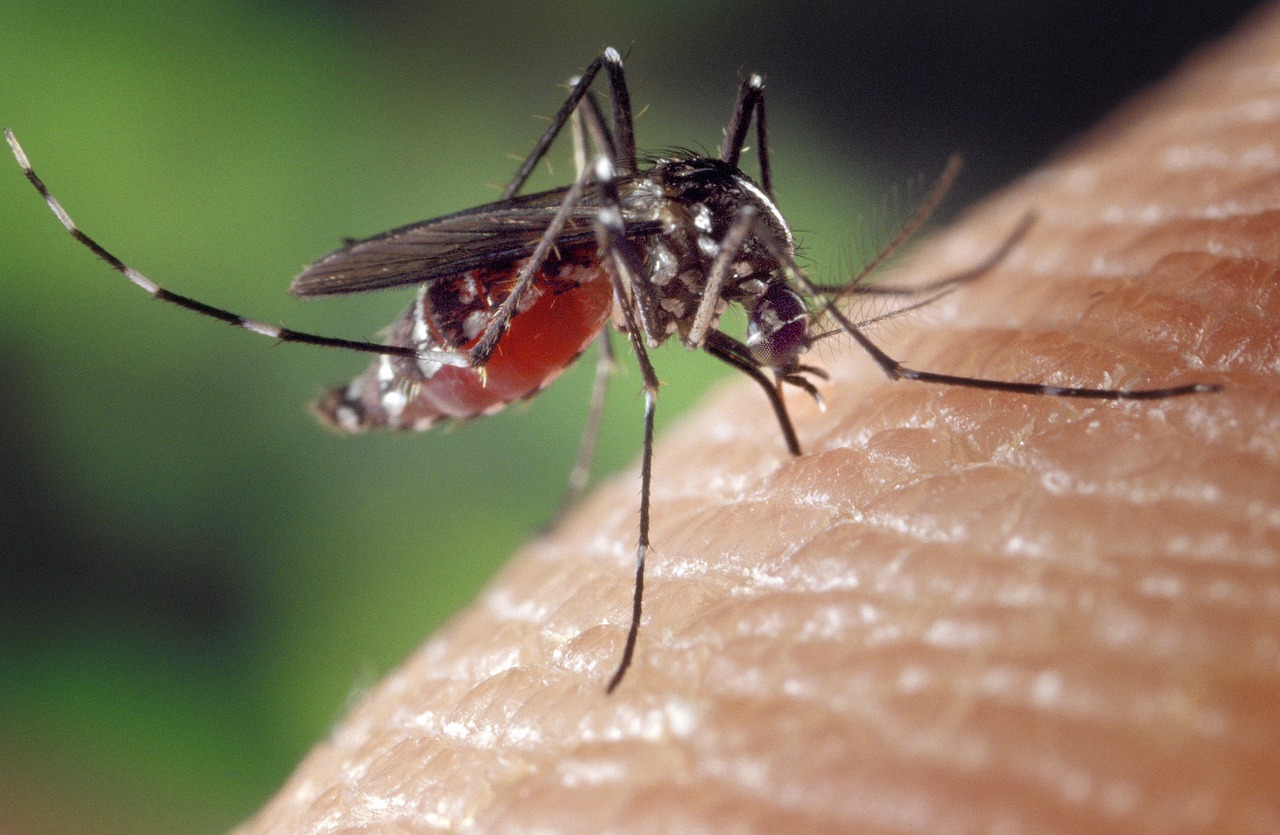
Human Skin Microbiome Odorants Influence on Mosquito Landing Behavior

In a recent study published in Scientific Reports by Nature, researchers led by Omar S. Akbari from the University of California, San Diego, have uncovered the potential of the human skin microbiome in repelling mosquito bites and limiting the transmission of deadly diseases.
Mosquitoes are lured by specific scents emitted by human skin, predominantly generated by the resident skin microbiome. By manipulating these microbial communities, it might be possible to alter our skin’s scent, rendering it less appealing to mosquitoes.
To investigate this, researchers examined 39 strains of skin commensals, including Staphylococci and Corynebacterium, quantifying their major volatiles. They then evaluated the behavioral effects of these compounds on mosquito landing behavior.
Their findings revealed promising repellent candidates: 2-methylbutyric acid, 3-methylbutyric acid, and geraniol. Conversely, lactic acid, a byproduct of bacterial metabolism, proved highly attractive to mosquitoes.
The study suggests that by modulating the skin microbiome, it may be possible to decrease the production of attractive chemicals or enhance the production of repellents. Moreover, reducing lactic acid production could further deter mosquito bites.
This research marks a significant step towards developing natural and potentially safer alternatives to synthetic mosquito repellents. It underscores the intricate relationship between our microbiome and disease-carrying insects, offering insights into innovative disease prevention strategies.
Did you like the news ? Please share it with your circle.